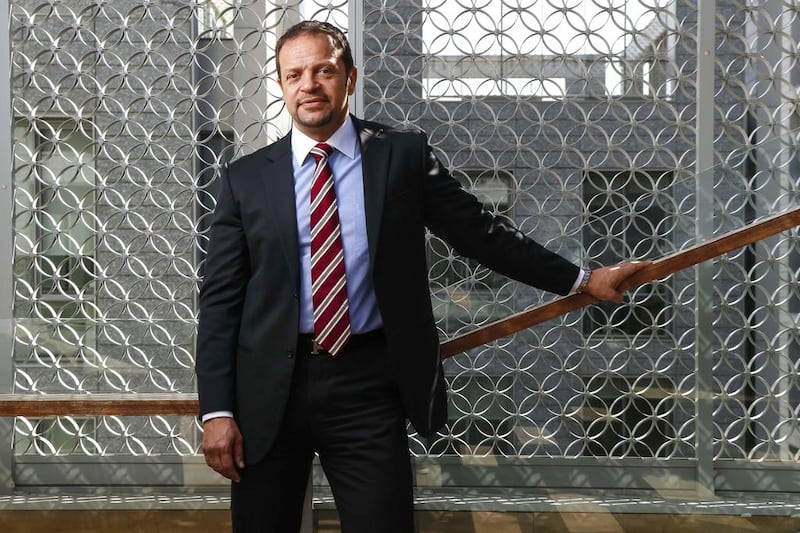Amin El Kholy, Arqaam Capital’s managing director of asset management.
What is the asset class and geography you are focused on, and what is the outlook for the month ahead?
We are long-term investors in emerging and frontier markets and our views extend beyond one month. Our focus is on the Middle East, North Africa and Turkey, and expanding into sub-Saharan Africa in 2014. The Middle East and North Africa and Africa represent US$5 trillion of collective GDP growing at a nominal rate of 9 per cent, close to 1.5 billion people and an estimated $800bn of foreign direct investment.
The outlook for the next decade is for a historic transformation of the region’s countries and economies into their next stage of development. History shows that such transitions (most recently in Asia) result in phenomenal investment opportunities.
In the near term, we see the GCC markets with their pegged currencies, twin surpluses and government investment in physical and human capital as a standout opportunity. This contrasts with markets suffering twin deficits or an over-dependence on global economic and monetary conditions, making them particularly vulnerable. The relative advantage for the GCC economies is combined with equity markets which, despite their gains this year, remain well priced, offering a number of attractive themes and undervalued stocks.
What are the main risks (upside or downside) to that outlook?
The risks and opportunities are intertwined; for example, it is precisely the lack of infrastructure in some parts of our investment universe which creates the opportunity for investment.
Similarly, the weak state of banking and financial services opened the door for mobile banking, which is transforming Africa and fuelling investment and development. Seen in that context, risks are always to the upside as well as the downside. What has separated frontier markets, particularly recently, has been the concern with political risk.
Mass protests, regime changes, concerns about succession or transition to new systems of government and the formation of new regional alliances and adversities seem commonplace since 2011.
Such risks are unpredictable by nature and threaten the opportunity on a temporary basis. However, they need to be understood in the proper context.
Firstly, the longer-term transformation is driven by economic, political and social necessity and, therefore, is likely to progress despite temporary setbacks.
Secondly, even in countries with an appearance of instability and sudden changes in leadership, the actual changes are much slower.
Underneath the surface in these countries, the different interest groups, both domestic and global, and a typically powerful state, all continue to operate.
Hence many of the “new regimes” end up continuing similar policies to their predecessors, keeping the opportunity intact in the longer term while making incremental changes.
Thirdly, the region contains many diversified countries and economies and such disruptive events rarely occur simultaneously.
What was the best investment you were involved with, and what was the worst?
The asset management team at Arqaam has been bullish on the UAE banks since late 2011. We are not driven by temporary market panic or index weightings. What matters for us is understanding companies in great detail.
We have been exposed to a less liquid name as well as a larger bank when they were trading well below their book value, with mid-single digit PEs (price to earnings ratio) and in some cases double-digit dividend yields.
These stocks have both returned in excess of 100 per cent. As an example of having a more informed and contrarian approach to political risk, our call to invest in selected stocks in Egypt in August of this year has yielded results of over 32 per cent.
By contrast, talk of tapering raised by US Federal Reserve chairman Ben Bernanke’s announcement in June and the rise in Turkish yields have changed our investment thesis on a power generation company in Turkey, which we exited at a loss of 28 per cent.
selgazzar@thenational.ae





